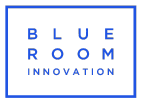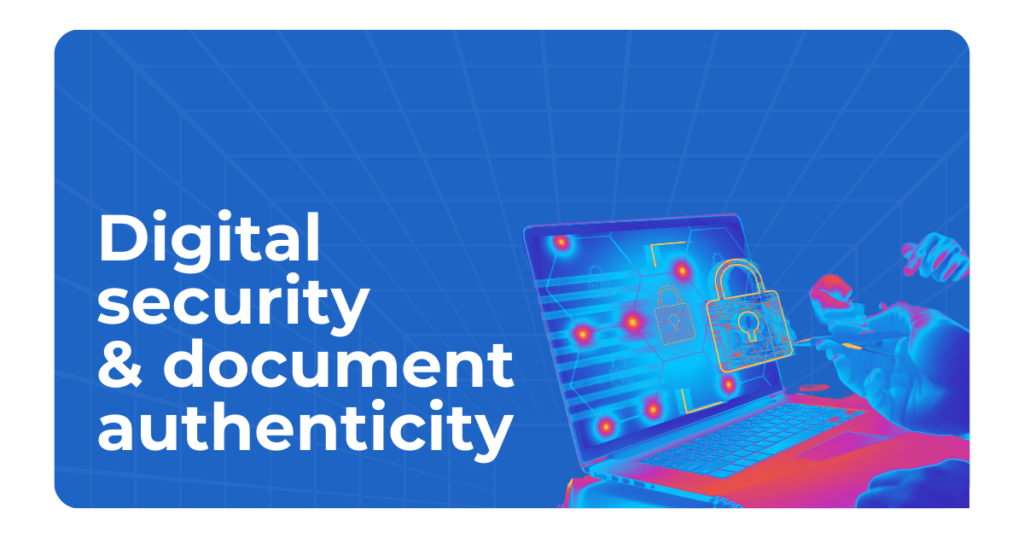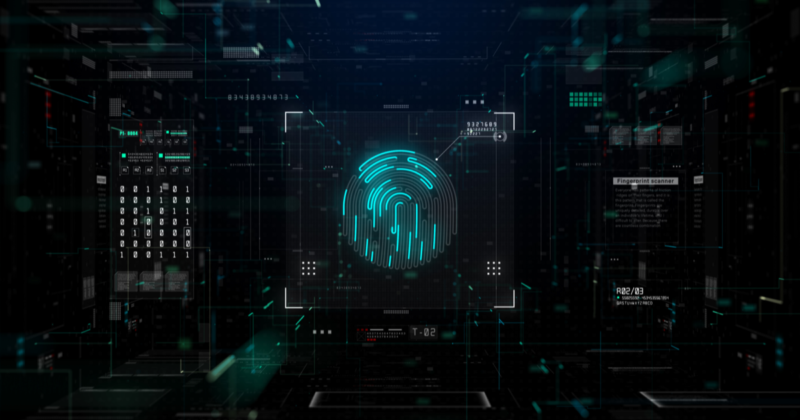

Blockchain technology, the revolution of digital security and document authenticity.
We live in the digital age, where individuals and businesses are constantly sharing and uploading information on the internet. Therefore, ensuring the security and authenticity of this data has become essential for protecting information. One of the most innovative solutions that has emerged to address this issue and promises to revolutionize the way transactions are managed and data integrity is ensured is blockchain technology.
Blockchain is a distributed ledger technology that ensures the digital security and transparency of transactions in an immutable manner. Unlike traditional centralized systems, blockchain decentralizes data and distributes it across a network of interconnected nodes. Each transaction is recorded in a block and linked to the previous block, creating an immutable chain of blocks. One of the most prominent applications of blockchain is digital certifications, which provide a reliable and transparent system for verifying and authenticating information.
Benefits of using blockchain for issuing certificates:
Digital certifications are electronic documents that attest to the authenticity or validity of certain data. They can cover a wide range of fields, such as educational certificates, professional certifications, property certificates, among others. The application of blockchain in digital certifications offers several advantages.
Certificates and diplomas stored on a blockchain ensure the security and authenticity of the documents. They cannot be modified without leaving a trace, which provides confidence in their validity and prevents manipulation.
Global accessibility is another advantage of using blockchain for certificates. Certificate and diploma holders can access them from anywhere in the world using personal keys. This eliminates the need for notarized certifications and reduces costs associated with sending original documents.
Additionally, blockchains enable efficient verification of certificates. Companies, academic institutions, and other interested organizations or individuals can quickly verify the authenticity of the documents, streamlining hiring and admission processes. Blockchain technology facilitates accurate and reliable verification of certificates in an efficient manner.

Use cases of blockchain and digital security.
The use of blockchain in digital certifications is already being implemented in various fields. For example, universities and training centers are using blockchain to issue and verify diplomas and academic degrees, providing greater security and transparency in the hiring process. Applications in professional certifications, such as medical, legal, and quality certificates, are also being explored. Additionally, the real estate sector is adopting blockchain to ensure and verify property ownership.
One of the most famous cases is the MIT project. The Massachusetts Institute of Technology (MIT) has led an innovative project linking blockchain and certifications. Their initiative has demonstrated the potential of blockchain for issuing tamper-proof certificates and diplomas. This pioneering experience has laid the foundation for an international standard that could be adopted by other educational institutions and government organizations.
Blockchain technology is revolutionizing digital security and playing a crucial role in the field of certifications. Discover more about this technology on our blog!
https://www.blueroominnovation.com/actualidad-sobre-la-innovacion-y-tecnologia/
Products
Digital Product Passport
Descentralized platforms
Descentralized Identity
Verificable Credentials
About us
Team
Methodology
Our Mission
Connect
Cristòfol Grober 4, local 35
17001 - Girona
info@blueroominnovation.com
Follow us
Copyright © 2024 Blue Room Innovation Privacy Policy - Legal Warning - Cookies Policy
